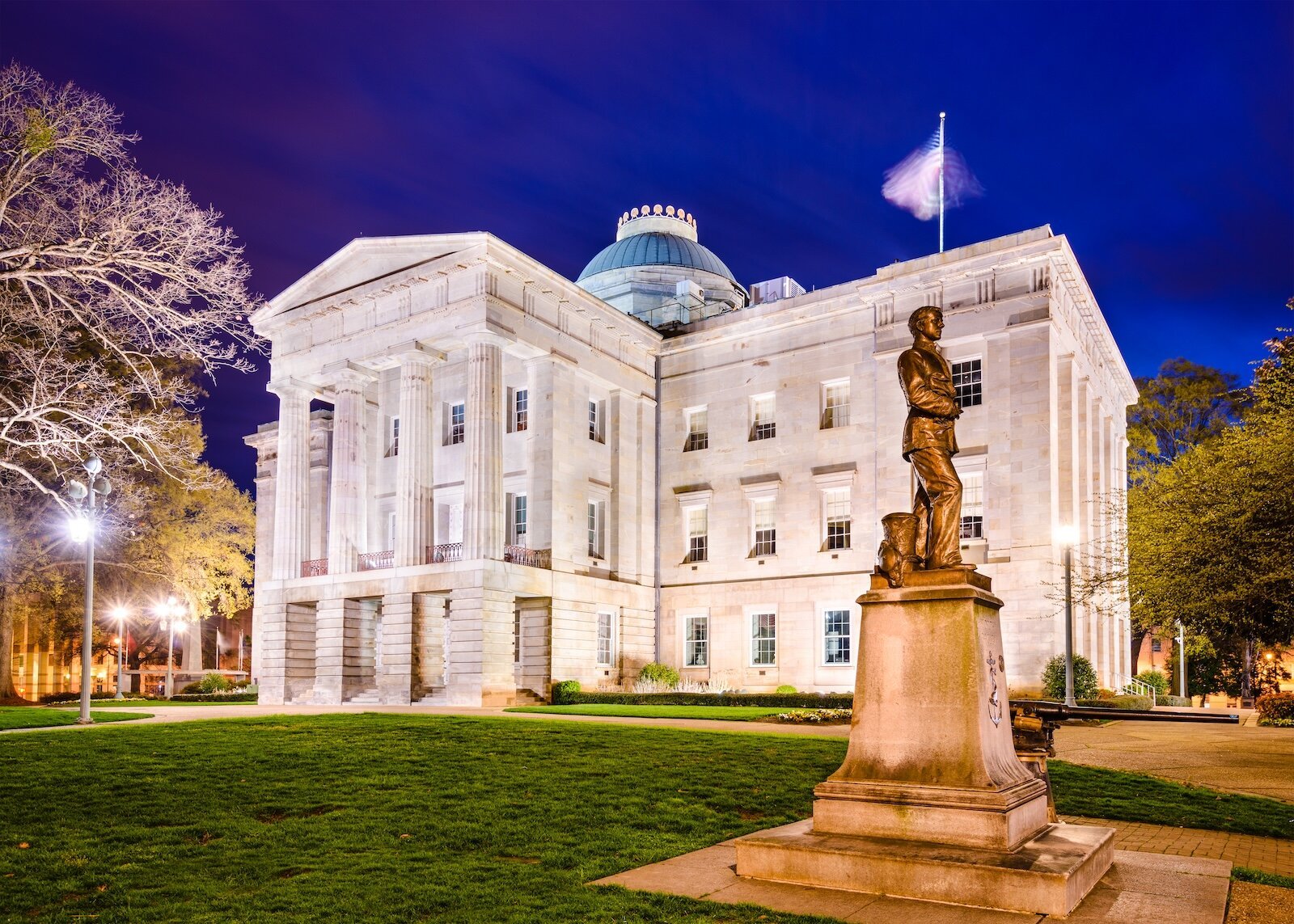North Carolina’s Crypto Bill Clears House Hurdle—Senate Showdown Next

Lawmakers just fast-tracked a digital assets framework that could turn the Tar Heel State into a blockchain hotspot—or another regulatory graveyard for crypto dreams.
The bill cruised through the House with suspiciously little debate. Now the real fight begins as it heads to the Senate, where finance committee dinosaurs still think ’stablecoin’ refers to a well-bred horse.
If passed, this could position NC as the Delaware of digital assets. Or it might join Wyoming and Florida in the ’crypto-friendly states that somehow forgot to attract actual crypto companies’ club.
The time is now
As former President Donald Trump champions crypto initiatives on the federal stage, individual states are rapidly passing legislation to carve out a place in the digital economy, ranging from pension allocations to Bitcoin-backed strategic reserves.
Backing up the House bill, a second measure in North Carolina, SB 327, also known as the "Bitcoin Reserve and Investment Act," was filed on March 19.
That proposal would allow up to 10% of public funds to be allocated into Bitcoin, creating a formal reserve and enabling staking, lending, and other yield-generating strategies.
Sponsored by Republican Senators Todd Johnson, Brad Overcash, and Timothy Moffitt, the bill positions Bitcoin investment as a “financial innovation strategy” to boost the state’s economic profile.
It has passed its first Senate reading and has now been referred to a committee where it must undergo several hurdles, including further readings, in order to become law.
North Carolina isn’t alone. Arizona, New Hampshire, and Texas are all considering similar Bitcoin reserve legislation, according to state crypto law tracker Bitcoin Laws.
Meanwhile, at least a dozen other states are reviewing related proposals, some of which are juggling multiple crypto bills at once.
Several states, including Indiana and Florida, are considering legislation to allow digital assets as options within public pension systems.
But momentum has stalled elsewhere. Initiatives in Oklahoma, Montana, Pennsylvania, North Dakota, South Dakota, and Wyoming have failed to gather support.
North Carolina’s HB92 itself was revised slightly in ambition as it was examined in the House.
Although an earlier version proposed digital asset investments not exceeding 10% of the fund’s balance, the latest iteration has reduced the maximum limit to just 5%.
Edited by Sebastian Sinclair

